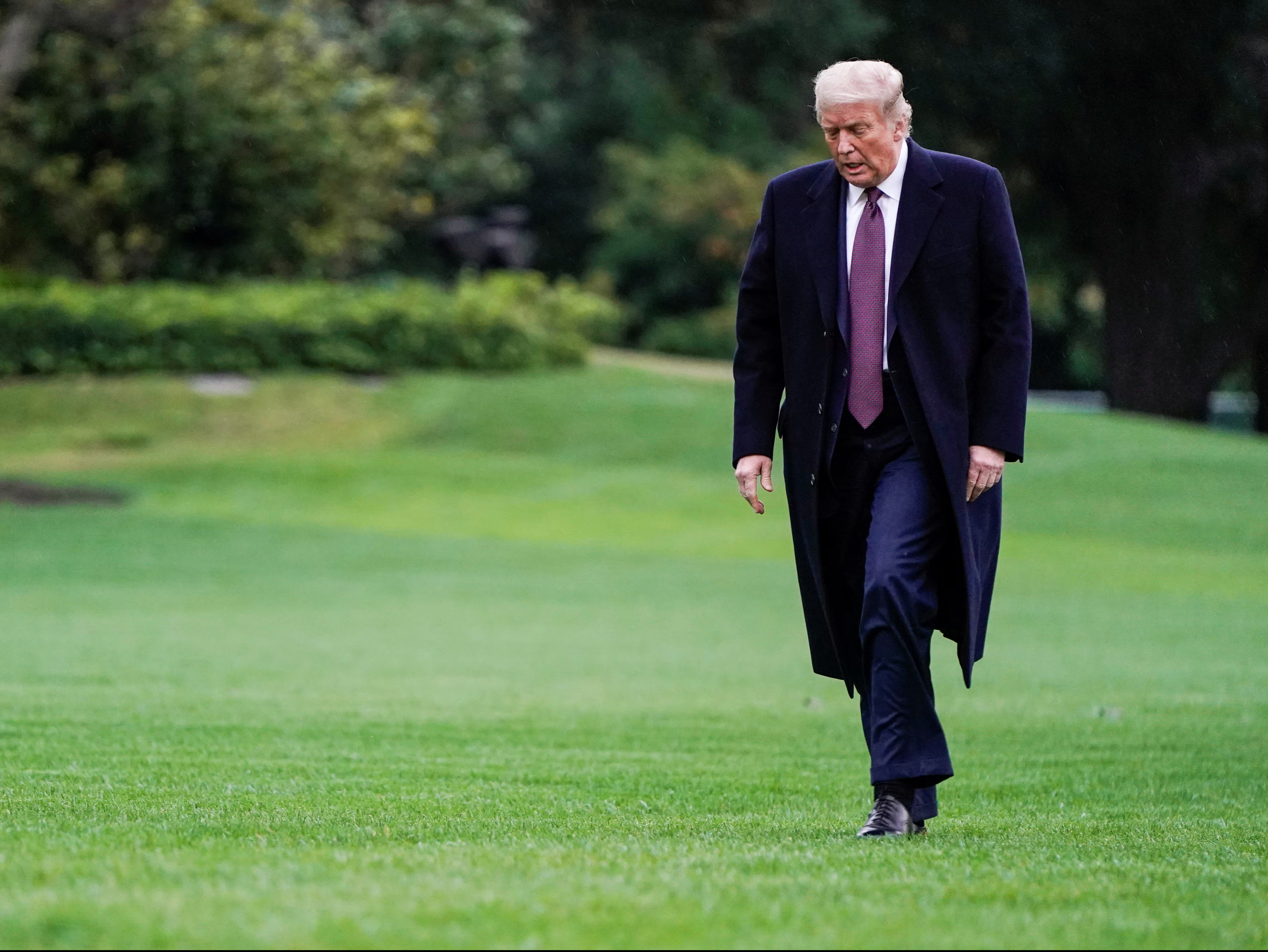Federal Judge’s Political Donations Raise Questions About Impartiality
Recent revelations have sparked debate over the political affiliations of a federal judge whose rulings have significantly impacted policies from the Trump administration. Judge John J. McConnell Jr., a U.S. District Judge in Rhode Island, has been identified as a longtime donor to the Democratic Party, contributing hundreds of thousands of dollars to Democratic candidates and organizations before his judicial appointment.
Appointed in 2011 by former President Barack Obama, Judge McConnell previously had a career as a personal injury attorney. Federal Election Commission (FEC) records indicate that before his confirmation to the bench, he made substantial financial contributions to Democratic figures, including Barack Obama, Joe Biden, and Hillary Clinton. His donations also extended to Democratic political action committees (PACs) and various Senate and House campaigns.
Political Contributions and Judicial Concerns
Publicly available records show that Judge McConnell’s political donations totaled several hundred thousand dollars, making him one of the most politically engaged federal judges in terms of financial backing. Over multiple election cycles, his contributions heavily favored Democratic campaigns and committees. Beneficiaries of his financial support include the Democratic Congressional Campaign Committee, Rhode Island Hope PAC, and the Rhode Island Democratic State Committee. Additionally, he has donated to the American Association for Justice Political Action Committee (AAJ PAC), an organization closely linked to trial attorneys.
McConnell’s contributions were not limited to presidential campaigns. He also supported prominent Democratic candidates at both state and national levels. His donations bolstered the campaigns of Rhode Island’s long-serving Senators Jack Reed and Sheldon Whitehouse. In the House of Representatives, he provided financial support to figures such as Patrick Kennedy (D-CA), James Langevin (D-RI), Gabrielle Giffords (D-AZ), Joe Courtney (D-CT), and Betsy Markey (D-CO).
While judicial ethics regulations prohibit federal judges from making political donations after taking the bench, McConnell’s past financial ties to Democratic politics have raised concerns about impartiality. Critics argue that such deep political connections may influence his judicial rulings, particularly when handling cases involving Republican-led policies.
Recent Rulings Stir Controversy
Judge McConnell has made several decisions that have directly impacted key policies from the Trump administration. Most notably, he issued a ruling that blocked federal funding freezes initiated by the Trump administration, drawing criticism from conservative circles. His decision granted a temporary restraining order (TRO) against the administration’s move to suspend federal disbursements, siding with a coalition of Democratic-led states that challenged the policy.
In his ruling, Judge McConnell stated that “all orders and judgments of courts must be complied with promptly,” effectively preventing the Trump administration from implementing a broad spending freeze. He further emphasized that individuals who make unilateral legal decisions in defiance of court orders risk facing criminal contempt, regardless of whether those orders are later overturned.
His decision also mandated the immediate release of withheld federal funds, including those tied to Biden administration policies, such as the Inflation Reduction Act. This ruling is part of a broader pattern in which federal courts have played a crucial role in opposing Trump-era initiatives.
A Pattern of Progressive Judicial Influence
Beyond his financial contributions and rulings, Judge McConnell has also been involved in legal discussions that align with progressive perspectives. In 2022, he hosted a conference that promoted a left-leaning approach to racial justice within the legal system. One of the key panels at the event, titled “Critical Race Theory: What It Is and What It Is Not,” featured scholars advocating for the concept of systemic inequities within the legal and political framework.
According to reports from National Review, the discussion centered on how historical advantages for white individuals have shaped the American legal system. The event highlighted the broader debate over judicial activism and the role of personal ideology in shaping legal interpretations.
Questions About Judicial Neutrality
Judge McConnell’s record has led to growing concerns about judicial impartiality in politically charged cases. While all judges bring personal backgrounds and experiences to their decisions, McConnell’s significant political contributions and rulings against Trump-era policies have fueled scrutiny over whether his courtroom decisions are driven by legal principles or partisan leanings.
Critics argue that his history of Democratic campaign contributions, combined with his progressive legal advocacy, raises legitimate questions about his ability to rule without bias. Meanwhile, his defenders contend that his judicial record reflects a commitment to upholding the law rather than political loyalty.
The controversy surrounding Judge McConnell underscores broader tensions in the judiciary, where ideological divides have increasingly shaped public perceptions of judicial decisions. As federal courts continue to play a pivotal role in policy disputes, the influence of political affiliations on judicial rulings remains a subject of intense debate.
